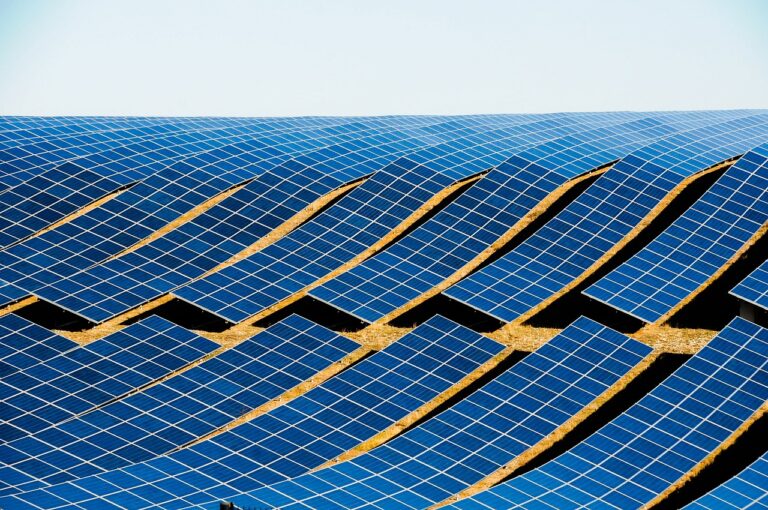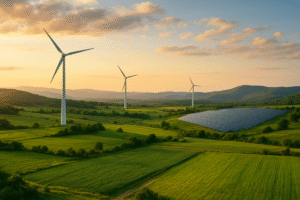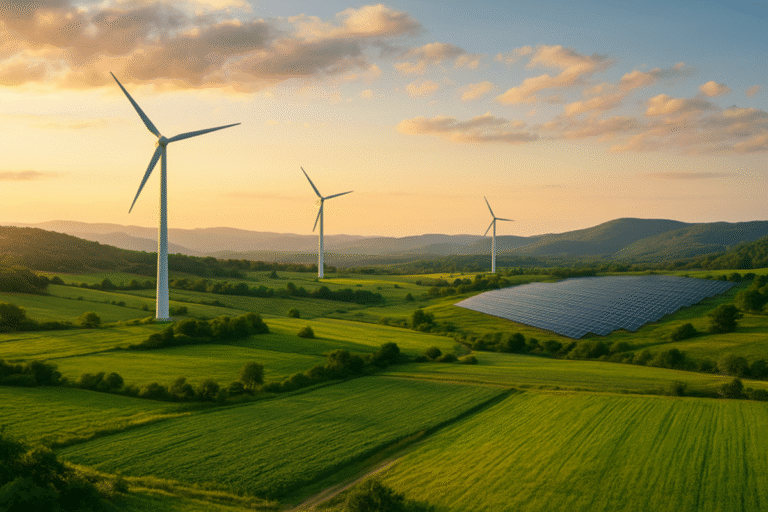“Putin’s war is disrupting the global energy market and shows how dependent we are on imported fossil fuels and how vulnerable we are”. Thus EU President Ursula von der Leyen in announcing the approval of the RePowerEu Plan for the Continent’s energy autonomy. Reiterating the need to “reduce our energy dependence on Russia as quickly as possible. We can do it’.
The REPowerEU Plan, she explained, intervenes on three levels. On the demand side with energy efficiency, on the supply side with the diversification of fossil fuel imports and the acceleration of the energy transition.
Von der Leyen pointed out that we are already one step closer to achieving these goals with the Green Deal. And that the transformation of the energy system to become climate neutral by 2050 has already begun. “This plan was already ambitious. – he emphasised – But today we are taking our ambition to a higher level.”
Table of Contents
RePowerEu Plan: energy efficiency and renewable target
The RePowerEu Plan therefore starts with energy efficiency, the fastest and cheapest way to tackle the current energy crisis. And, it revises upwards the targets from 9 per cent to 13 per cent by 2030.
A more ambitious target for renewables is then indicated at 45% by 2030 and a goal to eliminate two-thirds of gas imports from Russia within a year and the rest by 2026-2027.
A series of actions are also envisaged to increase and accelerate the green transition, among the others:
- simplifications in the authorisation process for renewables;
- the obligation to install solar panels on all new buildings (by 2025 for commercial and by 2029 for residential);
- a common platform for the purchase of gas, LNG and hydrogen.
A total investment of EUR 300 billion is planned. Of which, EUR 10 billion for new gas infrastructure and connections and a further EUR 2 billion for infrastructure needed by some countries to compensate for sanctions against Russian oil.
RePowerEu Plan: photovoltaic panels mandatory
As part of the RePowerEU plan, the European Commission has also included the proposal to make photovoltaic panels mandatory for all public and commercial buildings from 2026 onwards, beyond a specific size.
Panels would become mandatory for all residential buildings from 2030. The measure would be part of plans to extend the share of electricity produced from renewable sources. The target for which is 45 per cent by 2030.
In particular, photovoltaic panel installations should more than double in capacity to almost 600 gigawatts by 2030. To facilitate the process of authorising installations, Brussels intends to propose selecting, together with the member states, specific geographical areas for wind and photovoltaics.
RePowerEu Plan: ample space for green hydrogen
“In the new REPowerEU plan, we have decided to double the target for 2030 and to produce 10 million tonnes of renewable hydrogen per year in the European Union,” said European Commission President Ursula von der Leyen.
Von der Leyen then announced a package of regulatory measures with which to promote green hydrogen production.
With the RePowerEU plan, the European Commission wants to structurally transform the European energy system while addressing two parallel challenges: energy dependency and climate transition.












